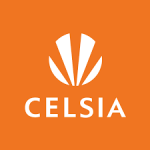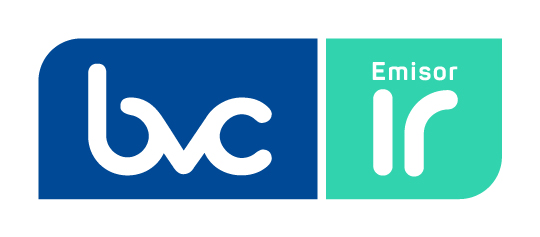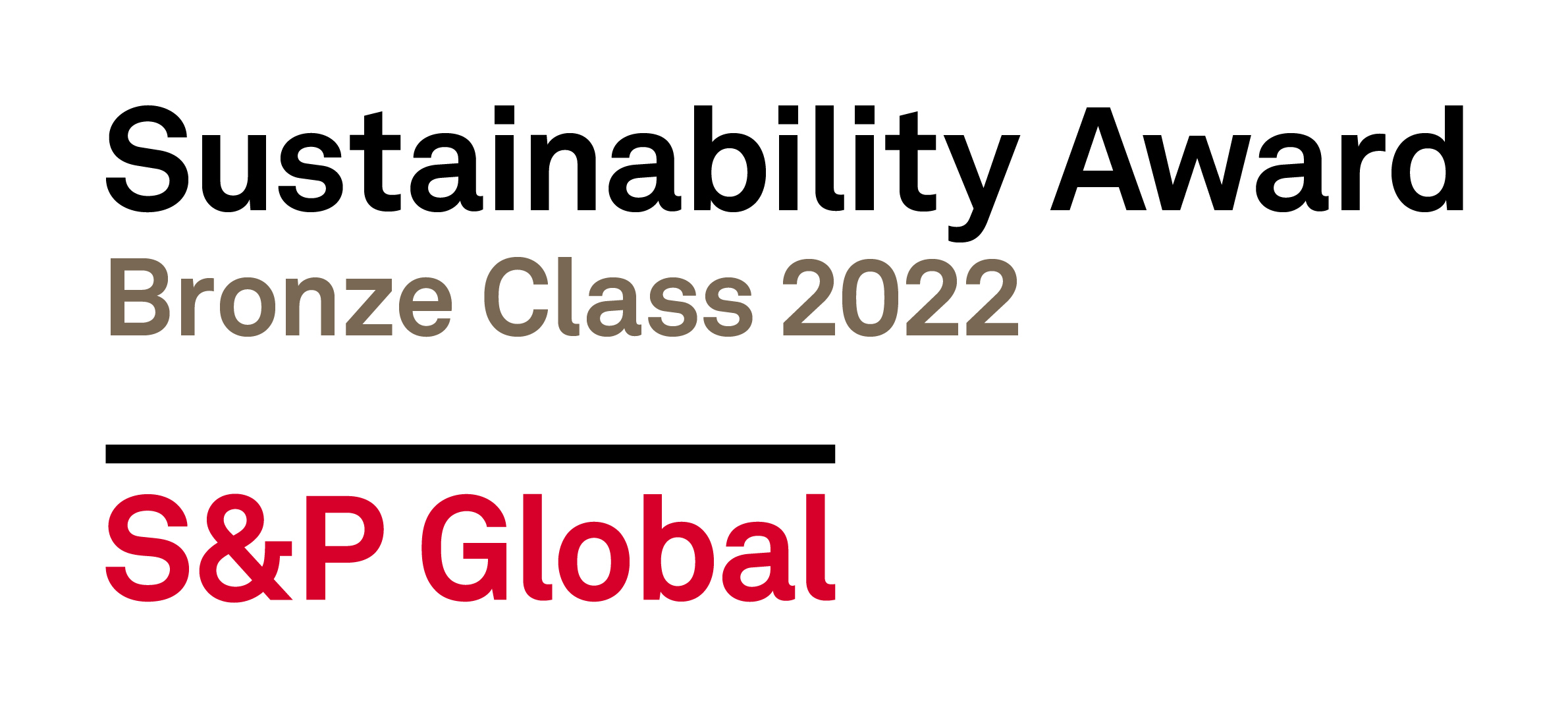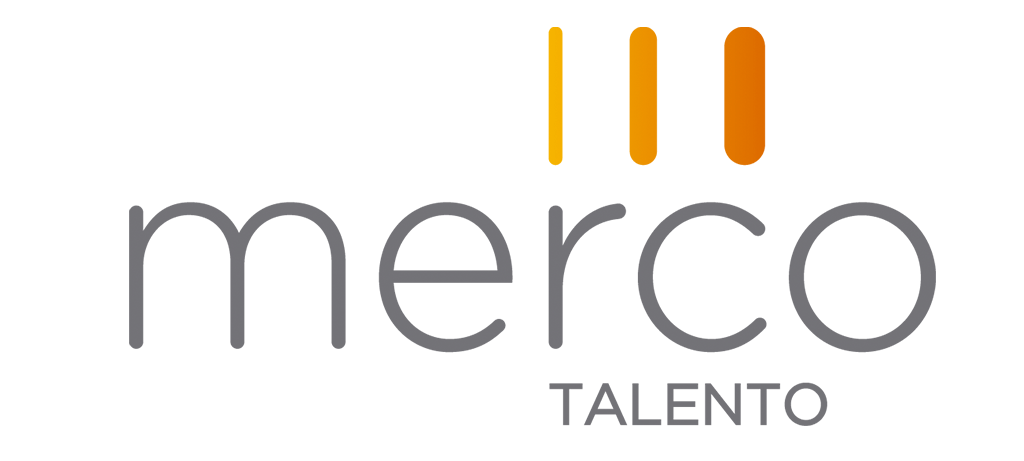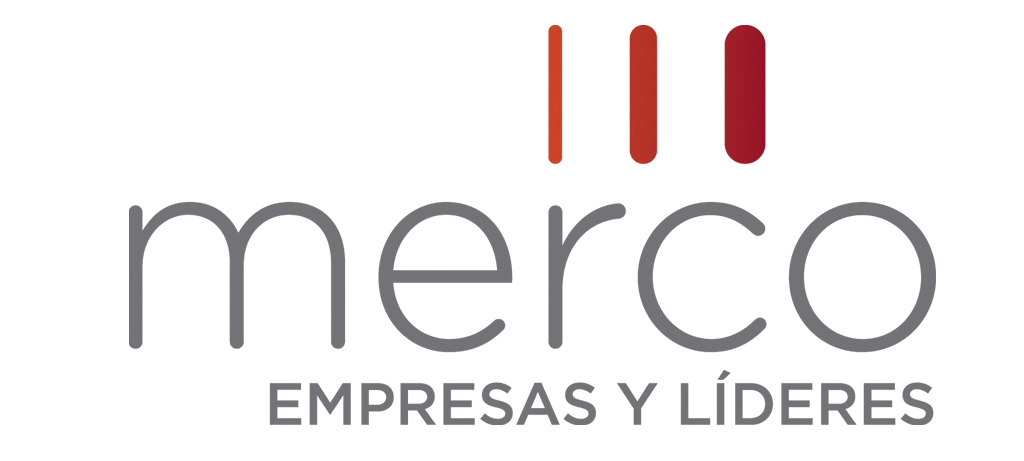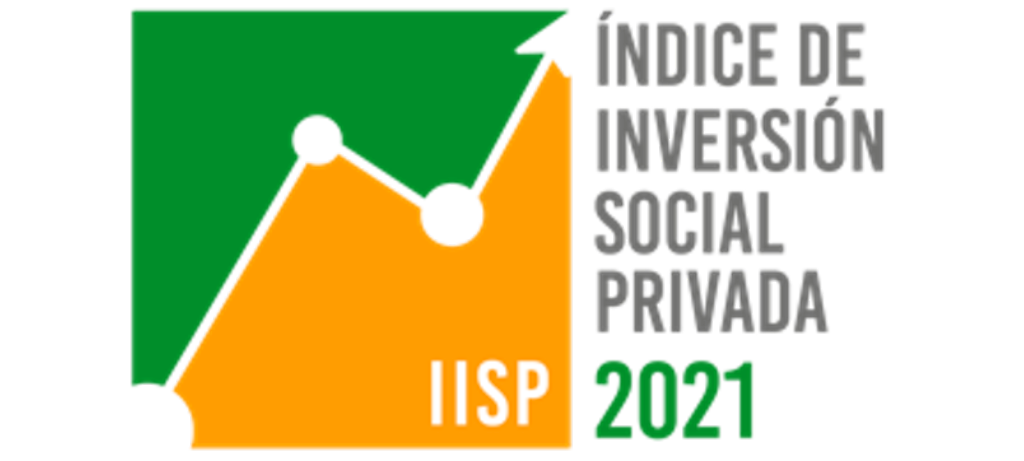We Are Partners of Development
Contribution to Society
We are partners of development because we respect the rights of all people, as evidenced by the actions we carry out around these issues.
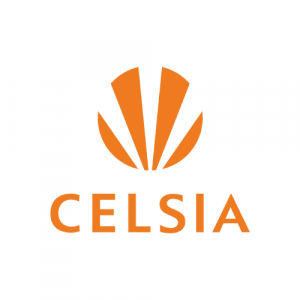
GRI (103-1) Being profitable, sustainable and having a long-term projection for our operations is part of our contribution to the Corporate Strategy. At Celsia, we work with communities and other social actors in the territories where we are present and we join as key allies in their development. In this way, we consolidate relationships of mutual benefit, convinced that this is a transparent manner to generate value and guarantee the viability of assets and new projects.
GRI (103-2) We materialize Corporate Citizenship and Philanthropy through our Social Policy, which is implemented and led by the Socio-Environmental Management Team and the Foundation Team. This policy contains the principles of relationship for social management and is based on three pillars: respect, transparency and building trust. From this, we positively impact and communicate to the communities in the area of influence of our assets and new projects, intervening in four strategic lines:
Improvement in the Quality of Life
Community infrastructure, health and environment, and culture, recreation and sports.
Promotion of Education
Environmental-education processes, educational infrastructure, student scholarships, provision of educational implements and school kits, and strengthening of skills for teachers.
Community Development
Education and training in entrepreneurship and life skills, strengthening of grassroots organizations, productive projects and citizen participation mechanisms.
Access to Energy
Electrification of our own resources, management for electrification, actions that promote energy efficiency and improvement of internal networks.
Our goal and commitment is that all the actions we undertake in the framework of our social management continue having 100% coverage of our operation centers and new projects.
Taking our Social Policy as a guide, at Celsia we design, implement, accompany and evaluate actions that contribute to the development of the neighboring communities of our power plants and new Company projects.
To ensure that these actions have a high impact, generate value and are consistent with the Corporate Strategy, we focus on four strategic lines of social investment. Thus, Social Policy is the tool par excellence to guide our work in terms of social investment and corporate citizenship; it describes the guidelines that guide the decisions we make and the actions we prioritize, as well as the explicit declaration of implementing these actions, having the communities as allies in generating shared and inclusive value.
GRI (203-1, 403-1)
We promoted the efficient use of energy and access to it in the countries where we operate, with expansions, new electrifications and construction of new projects.
This line promotes and develops energy-efficiency practices and helps disadvantaged populations to access this service through traditional electrification process, with their own resources or Government funds, or with the use of alternative energy projects. So the Organization:
- Extends service coverage.
- Protects natural resources necessary to generate electrical energy, as it reduces the pressure on forests.
- Strengthens strategic alliances to optimize resources and expand coverage and beneficiaries in the development of projects in this line.
- Progresses in the implementation of clean energies that help take care of the environment.
- Helps reduce losses, adjusts consumption to clients’ ability to pay, and prevents risks.
We make new projects viable to deliver more energy to our Stakeholders (communities and clients):
5669.86 GW/h/year
to contribute to the optimum operation of our assets.
45,722 km
of distribution network to expand territorial coverage
46,866 new clients
which represents higher income to the Company.
The energy-access actions in 2021 represented multiple socio-environmental benefits:
25% more investment
in projects, compared to 2020. We invested COP 862,220,404.
More than 442 people
benefitted in internal-network improvement projects in seven municipalities in Tolima and Valle del Cauca.
1,022 beneficiaries
of energy-access projects and internal-network improvement.
With these investments:
- We contributed to the improvement of the living conditions of our communities and clients.
- We helped prevent risks associated with service provision, due to the poor condition of the internal electrical networks.
During 2021, in our Access to Energy action line, we achieved the following results:
COP 862,220,404 in investments
More than 442 people
benefitted through the improvement of the internal networks of their homes, in seven municipalities in Tolima and Valle del Cauca, Colombia; also contributing to the electrical safety of the homes and the optimization of energy consumption.
180 people
benefitted through the development of rural-electrification projects in Valle del Cauca, Colombia.
We increased the installed capacity by 3.61% MW.
5,669.86 GW/h/year
generated to contribute to the optimal operation of our assets.
2,307 km
more in our distribution network.
46,866 new clients served.
This line promotes and develops energy-efficiency practices and helps disadvantaged populations to access this service through traditional electrification process, with their own resources or Government funds, or with the use of alternative energy projects. So the Organization:
- Extends service coverage.
- Protects natural resources necessary to generate electrical energy, as it reduces the pressure on forests.
- Strengthens strategic alliances to optimize resources and expand coverage and beneficiaries in the development of projects in this line.
- Progresses in the implementation of clean energies that help take care of the environment.
- Helps reduce losses, adjusts consumption to clients’ ability to pay, and prevents risks.
GRI (203-1, 403-1)We strengthened capacities and abilities in the communities, for their contribution to local development and the strengthening of productive units according to the vocation of their territory.
This line contributes to the strengthening of the capacities of the communities through their leaders, seeking their empowerment in their development, self-management, social control and the care of natural resources.
- We support the development of productive initiatives, to strengthen the empowerment of the communities.
- We contract local labor and we supply ourselves with goods and services, generating development and boosting the local economy.
The development of this line allows the Company to:
- Promote relationships of mutual benefit among the different social actors present in the territory.
- Strengthen the capacities and productive vocations of the communities, contributing to their economic development and creating a favorable environment for business continuity.
- Promote participation processes and spaces for dialogues among the different actors present in the areas of influence, which allow the coordination of actions in the territory.
Community-development actions contribute to the viability of the business, the development of projects and the operation of assets, evidenced by the following indicators:
388 communications received
All complaints were resolved in a timely manner, thus avoiding conflicts in the relationship and affectations in the operation of assets and the development of new projects.
26 complaints
related to the comprehensive management of projects and assets (of these, 24 were associated with projects, due to concerns in the construction stage and prior consultation, and two associated with the operation).
143 dialogue spaces
for community participation. We increased these spaces by 35%, compared to 2020.
120 ethnic communities
in the prior consultation process.
Community-development actions represent more socio-environmental benefits, which are evidenced by the following indicators:
Generation of capacities in the communities of the areas of influence, for the development of their productive, management, leadership, entrepreneurship and self-employment processes, for the generation of income:
23 processes and/or productive projects supported
based on the agricultural and livestock vocation of the territories.
28 programs
of strengthening developed grassroots organizations. We increased strengthening programs by 43%, compared to 2020.
47 base organizations
strengthened. This was increased by 44%, compared to 2020.
Contribution to the economic and social development of the territories:
22,870 beneficiaries
of community-development projects. We increased the number of beneficiaries by 34%, compared to 2020.
COP 14,840,764,659 invested
in community-development projects. We increased our investment by 63%, compared to 2020.
During 2021, in our Community Development action line, we achieved the following results:
COP 14,840,764,659
in investments.
22,870 people benefitted
More than 1,920 people benefitted
thanks to the strengthening of 47 base organizations in Valle del Cauca, Santander, Cauca, Tolima and La Guajira, Colombia, through the development of 28 training, awareness processes, alliances and/or endowments for the development of their community management.
23 productive processes and/or projects
promoted, which contributed to the development and consolidation to strengthen the agricultural and livestock vocations of 35 communities in Valle del Cauca, Antioquia, Cauca, Córdoba and Tolima, Colombia, contributing to self-employment, income generation and food sovereignty.
More than 143 spaces promoted
for the participation and dialogue between communities and companies, which allowed community participation within the framework of the development of our new projects and the operation of our assets, among which the development of prior-consultation processes with 122 ethnic communities in the areas of influence of the new projects in the Departments of La Guajira, Sucre and Bolívar, Colombia, stands out.
388 communications received
related to the comprehensive management of projects and assets, in the framework of the operation and the development of projects in Colombia and Central America. Of these, 26 corresponded to complaints, of which 24 were associated with projects in the development stage due to concerns and dissatisfactions regarding construction activities (El Tesorito Thermal Power Plant) and due to requests for inclusion in the prior consultation (Tolú Viejo Line Project) and two corresponded to the operation (one in T&D in Valle Sur, Colombia, and one in CH Prudencia, Central America). All the complaints were resolved in a timely manner, thus avoiding conflicts in the relationship and affectations in the operation of assets and the development of new projects.
GRI (203-1, 403-1)
We carried out actions to improve educational quality in our areas of influence, with school-infrastructure projects and the strengthening of teacher capacities.
This line contributes to educational quality, improving schools in energy and water and training teachers to teach better. With all this, the Company stimulates local economic development, which – in turn – promotes a greater demand for energy, strengthens relations with the community, generated better commitments that guarantee a favorable environment for the development of operations and fosters a sense of ownership and sustainable relationships by contributing to the education of children and adolescents, who become community leaders in the medium and long term.
The actions to promote education represent the following benefits for the business, which we demonstrate with the following indicators:
256 employees
Participated in Corporate volunteering sessions, related to promoting education and the well-being of the communities, 34% more, compared to 2020.
1,159 hours invested
in Corporate volunteering activities related to promoting education and the well-being of the communities. The management of this project has allowed us to strengthen the pillars of the Celsia Culture and the Organizational climate, through its link to the actions promoted by Corporate volunteering.
143 dialogue spaces
for community participation. We increased these spaces by 35%, compared to 2020.
120 ethnic communities
in the prior consultation process.
The actions to promote education represent the following socio-environmental benefits, which are evidenced by these indicators: Generation of school management and leadership capacities in the communities of the areas of influence.
24 jobs
generated locally with the development of the Foundation’s school-infrastructure work.
500 teachers
Trained who demonstrated greater school management and leadership.
7 educational institutions intervened in infrastructure that improved school environments.
75,277 beneficiaries
of educational programs and projects, 44% more beneficiaries, compared to 2020.
COP 3,857,944,107 invested
in educational programs and projects, 26% more, compared to 2020.
12 educational projects
executed through the Enciende, Language and Mathematics, SEE Learning and School Strengthening Programs.
During 2021, in our Promotion of Education action line, we achieved the following results:
24 jobs
generated locally with the development of the Foundation’s school-infrastructure works.
500 teachers
beneficiaries of teacher qualification and school-strengthening programs.
7 schools transformed:
thanks to the improvement of their infrastructure, we provided safe, healthy conditions for 2,051 students and 98 teachers.
COP 3,857,944,107
in investments.
75,277 people
benefitted.
12 educational projects developed,
aimed at teacher training and school strengthening, among which Language and Mathematics, Reading Club for Teachers, Alliance for Educational Quality in Buenaventura and SEE Learning (citizen and socio-emotional competencies) stand out. Likewise, through Enciende, we improved school environments and we contributed to the well-being of the educational community of seven schools.
256 voluntary employees
in Colombia and Central America joints our volunteering activities.
1,159 hours
were invested by volunteer employees in Colombia and Central America, of which 511 hours were worked by employees from Colombia, which implied an investment of COP 16,283,526 from the Company.
Improvement in the Quality of Life
Colombia
- We benefitted more than 60,930 people with 47 actions and projects for the construction and improvement of community infrastructure. Of these, 35 focused on the improvement of roads and paths.
- We benefitted more than 3,400 people with health days, pet sterilization and disinfection of strategic community sites in 19 communities in Tolima, Córdoba and Antioquia.
- We supplied more than 11,800 people in 115 Wayúu communities by supplying 1,990,000 liters of water suitable for human consumption.
- We began works to build and improve water-storage systems in three communities in La guajira that are home to more than 400 people.
- We benefitted 6,084 people who can now safely consume water; we delivered 1,523 clay water-purifying filters to rural families who do not have access to drinking-water systems, in 19 municipalities in five Departments (Tolima, Valle del Cauca, Cauca, La Guajira and Córdoba).
- We continued to contribute to pandemic care caused by COVID-19: We delivered 1,581,000 masks in 30 municipalities in the country; we donated 262 items to maintain the cold chain for COVID-19 vaccines in 42 municipalities.
Central America
- We delivered a water-storage tank for the Las Lomas Health Center in Chiriquí, Panama, which will improve the medical care received by the communities and the conditions of the personnel who work there.
- We delivered a feasibility study for the creation of the aqueduct system for the community of El Valle, a province of Chiriquí, Panama, which includes a projection of the needs through 2050, in common agreement with the authorities.
Promotion of Education
Colombia
- We delivered more than 27,598 school kits to children in our areas of influence.
- We began the SENA – CELSIA Agreement and, with the previous activities for the construction of the Training Center for academic training in network maintenance, measurements, photovoltaic systems and underground networks for people from Yumbo, Valle del Cauca and its surroundings.
- Through the implementation of a pilot project, we provided free Internet connection to 4,418 students in Palmira, Valle del Cauca, with a 100-megabyte plan for the computer rooms of nine campuses of the Antonio Lizarazo and Harold Eder Educational Institutions.
- We benefitted 73 schools through three programs and 12 projects aimed at teacher training, school strengthening and inter-institutional alliances or agreements, reaching 500 teachers and 42,392 students, with an investment of COP 2,281 billion.
- Through Enciende, we continued to transform the physical spaces of seven educational centers, creating safe, healthy conditions for 2,015 students and 98 teachers, with an investment of COP 1,621 billion.
Central America
- We executed 26 hours of virtual mentoring for elementary students in Costa Rica and engineering students from the Technological University of Panama, to facilitate their approach to knowledge.
- We maintained the infrastructure of two schools in communities neighboring the Guanacaste Wind Plant, Costa Rica, providing a better environment for the educational population for their training process.
- We provided a water-supply and storage system to the elementary school in Higuerón, Chiriquí, Panama. Thanks to this, the educational center complies with the biosecurity measures required by the Ministry of Education of Panama for the personal-attendance return of students.
Community Development
Colombia
- We benefitted more than 1,920 people through the strengthening of 47 grassroots organizations in Valle del Cauca, Santander, Cauca, Tolima and La Guajira: 28 training, awareness, alliances and/or endowment processes
- We promoted and contributed to the development and Consolidation of 23 productive processes and/or projects that strengthened the agricultural and livestock vocations of 35 communities in Valle del Cauca, Antioquia, Cauca, Córdoba and Tolima, contributing to self-employment, income generation and food sovereignty.
- We promoted more than 143 spaces for participation and dialogue among communities and companies, within the framework of the development of new projects and the operation of our assets. We highlight the development of prior-consultation processes with 122 ethnic communities in the areas of influence of the new projects in La Guajira, Sucre and Bolívar.
- We supported two citizen-participation programs: Buenaventura, how are we doing? and Tuluá, how are we doing?, where more than 6,391 people answered surveys on citizen perception and quality of life in their territory.
Central America
- We held workshops on cooperativism in the community of El Valle, close to our operations in Chiriquí, Panama, in alliance with the Panamanian Autonomous Cooperative Institute (IPACOP, in Spanish).
- We carried out the Orange-Classroom Program, through which we executed a cycle of workshops on entrepreneurship, leadership, finance, legal structure for the creation of companies and communication tools in the families of the communities neighboring our operations in Costa Rica and Panama.
Access to Energy
Colombia
- We benefitted more than 442 people by improving the internal networks of their homes, in seven municipalities of Tolima and Valle del Cauca, Colombia, also contributing to the electrical safety of homes and the optimization of energy consumption.
- We benefitted 180 people through the development of three rural-electrification projects in Valle del Cauca, Colombia.
Works for Taxes
Colombia
- More than 8,300 people benefitted in Cauca and Tolima, Colombia, with the management and progress in the construction of three road-infrastructure projects, under the Government strategy Work for Taxes.
- We began the preparation stage of four Works-for-Taxes projects in education that will benefit the Departments of Antioquia and Tolima, Colombia, by delivering school furniture, computer equipment and an Information and Communications Technologies (ICT)-training process for teachers.
Other Highlights
Colombia
- We consolidated ReverdeC’s social strategy through the interventions we carried out in Antioquia, Valle del Cauca and Tolima. In 2021, we generated 882 jobs (direct and indirect) and developed 32 community activities for the dialogue of knowledge, environmental awareness and community planting.
- We designed and commissioned the Comprehensive Social-Management System (SIG, in Spanish) as a tool that gathers relevant information for decision making related to impact and risk management on power plants in operation and new projects.
New Challenges
These are our short-, medium- and long-term challenges:
- Strengthen relationships of trust and create alliance of high social value with strategic actors present in the territories where we develop new projects.
- Give continuity to the management and development of projects of social importance, through the mechanism of Work for Taxes in Colombia.
- Strengthen the implementation of social-management programs in the wind projects in La Guajira, Colombia, in such a way that a positive impact is generated in the communities of the area of influence and – at the same time – it becomes a benchmark for projects that are similar or in the same region.
- Contribute to the generation of income and the development of skills for self-employment in the communities in the areas of influence of the power plants in operation, by leveraging and supporting the implementation of productive projects.
- Train internal users (socio-environmental professionals in the use of the SIG Social Platform in order to enhance our knowledge of the neighboring communities of the power plants in operation and new projects and – in this way – have the necessary tools and information to comprehensively and in a timely manner manage the impacts that occur in the communities and the environment.
- Strengthen the implementation of the systematization process of prior consultations in the Corporate sphere, in order to favor the management and transfer of knowledge, giving added value to the experience accumulated by the Company in guaranteeing this fundamental right of ethnic communities.
- Continue with the implementation of the Language and Mathematics Program in the municipality of Ibagué, in the Department of Tolima, Colombia, integrating the use of Information and Communications Technologies (ICTs) that allow to continue strengthening the training processes for teachers in the modalities of virtual, distance and personal-attendance accompaniment.
- Generate photographic and audiovisual material that demonstrates the purpose of the Foundation, its primary actions and the benefits that these actions represent both for the business and for the communities.
- Strengthen learning in 1st- and 2nd-grade children from schools in the communities neighboring the Guanacaste Wind Plant, Costa Rica, in their return to personal-attendance learning, in order to close the gaps caused by the virtuality derived from the COVID-19 pandemic.
- Implement projects to improve energy efficiency in school and community infrastructure in the area of influence of the projects in Central America.
- Give continuity to the Robotics Training Program with children from the neighboring communities of our operations in Costa Rica, positively impacting their learning process in science and mathematics.
- Manage the equipment of the Outpatient Clinic at the Gualaca Health Center, Chiriquí Province, Panama.
- Continue implementing social strategies that contribute to the viability of new Company projects.
- Comply with the agreements that are formalized in the prior consultations of the new projects.
- Strengthen the Legal Compliance Platform (PCL, in Spanish) tool to map and monitor the formalized agreements in the prior consultations of the different assets and new projects.
- Continue with the development of the educational project to strengthen citizenship and socio-emotional skills (SEE Learning) and take it to at leave five municipalities where we are present in Colombia.
- Continue preparing a document that compiles the main lessons learned from the programs and projects to strengthen the capacities of teachers, in such a way that methodologies for accompanying teachers to replicate the Foundation’s projects continue to be generated.
- Analyze the context of Information and Communication Technologies (ICT) in education to develop a proposal for an educational project, pilot it and take it to a municipality where we are present in Colombia.
- Analyze the need to update social strategies in accordance with the Corporate Social Policy, in order to continue developing actions that have a positive impact on the communities in our areas of influence and adjust to their changing dynamics and new realities.
- Achieve the improvement of school #100 in the Enciende Program in energy and water issues, during the period between 2016 and 2026.
Glossary
Enciende Program: A Celsia Colombia Foundation program that aims to contribute to the creation of more conducive, healthy and safe teaching environments for learning by making improvements or adjustments in the schools located in its areas of influence, in aspects such as electrical networks, kitchens, bathrooms, dining rooms, rooves, green areas, the installation of drinking-water filters and the beautification of walls or façades with paint.
Geographic-Information System (GIS): A set of specific components that allows end users to efficiently create queries, integrate, analyze and represent any type of referenced geographic information associated with a territory.
ReverdeC: Celsia’s voluntary program that seeks to contribute to the restoration of the hydrological basins in the Departments of Valle del Cauca, Antioquia and Tolima, Colombia, through the planting of 1,000,000 native trees annually for 10 years.
Works for Taxes: A mechanism of the Colombian Government in which companies can pay up to 50% of their income tax through the execution of projects that contribute to the development of communities.
